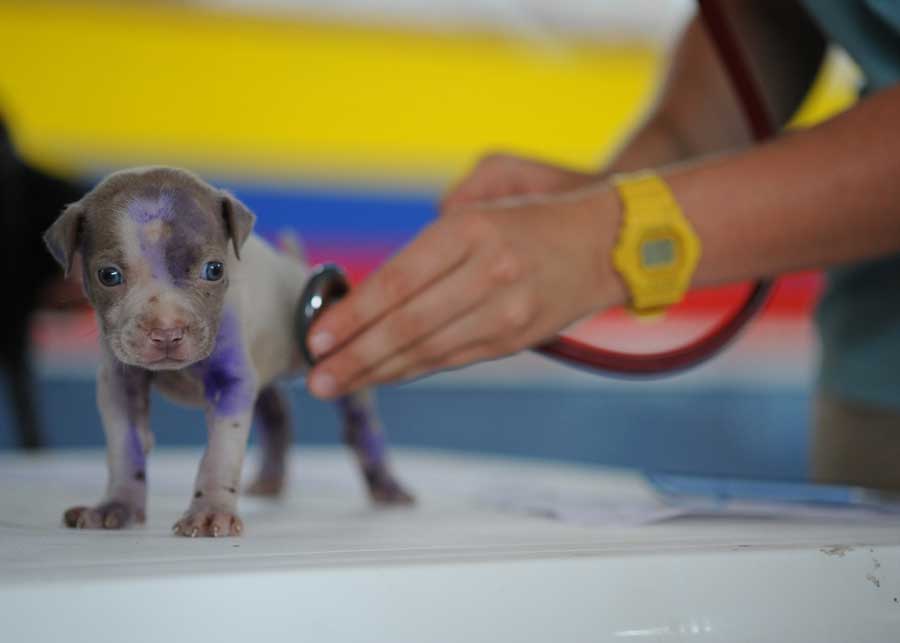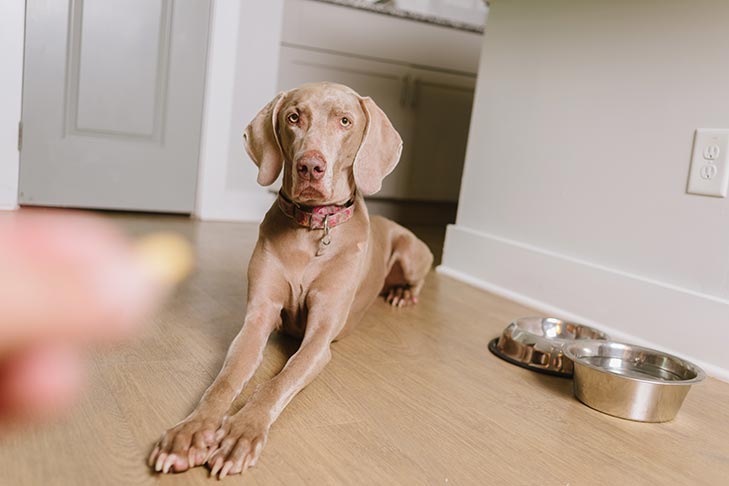Puppies Vet Visit Schedule: When Do Puppies Go to the Vet?
Puppies are adorable bundles of joy that require proper care and attention to ensure their health and well-being. One crucial aspect of puppy care is regular visits to the veterinarian. In this article, we will explore the essential vet visit schedule for puppies, covering vaccinations, deworming, general health check-ups, spaying and neutering, dental care, nutrition, socialization, and emergency vet visits.
I. Introduction
Taking your puppy to the vet is a vital step in their overall health management. Veterinary care helps prevent diseases, detect any health issues early on, and ensure your furry friend receives the necessary treatments and vaccinations to grow up healthy and strong.
II. First Vaccinations
Vaccinations play a crucial role in protecting puppies from various contagious and potentially life-threatening diseases. It’s essential to follow a recommended vaccination schedule to provide the best immunity for your puppy.
III. Deworming and Parasite Prevention
Puppies are particularly vulnerable to parasites such as worms, fleas, and ticks. Regular deworming and preventive treatments are necessary to keep them healthy and free from these pesky invaders.
IV. General Health Check-Up
Regular general health check-ups are essential to monitor your puppy’s overall well-being and identify any potential health issues. These check-ups include physical examinations, screenings, and discussions with the veterinarian about your puppy’s development.
V. Spaying and Neutering
Spaying and neutering not only prevent unwanted pregnancies but also offer numerous health benefits for your puppy. It is important to determine the appropriate age for this procedure, considering factors such as breed, size, and overall health.
VI. Dental Care
Proper dental care is crucial for your puppy’s oral health and overall well-being. Dental issues can lead to discomfort, pain, and even more severe health problems if left unaddressed. Establishing a dental care routine early on can help prevent these issues.
VII. Nutrition and Diet
A balanced and nutritious diet is vital for the healthy growth and development of your puppy. Providing the right nutrients in appropriate quantities ensures optimal health and sets the foundation for a long and happy life.
VIII. Socialization and Behavior Training
Socialization and behavior training are essential for puppies to become well-adjusted and well-behaved adult dogs. Early socialization and training help prevent behavioral problems and promote positive interactions with humans and other animals.
IX. Emergency Vet Visits
Accidents and health emergencies can happen unexpectedly. It’s crucial to be aware of the signs of emergencies and know when to seek immediate veterinary care. Acting swiftly can make a significant difference in your puppy’s outcome.
X. Conclusion
Regular veterinary visits are an integral part of responsible puppy ownership. By following a proper vet visit schedule, you can ensure that your puppy receives the necessary care, vaccinations, and treatments to live a healthy and happy life. Remember, prevention is always better than cure, and early intervention can save lives.
XI. FAQs
- Q: How often should I take my puppy to the vet? A: It is recommended to take your puppy for regular check-ups every 3-4 weeks until they are about 4 months old, and then as advised by your veterinarian.
- Q: When should I start vaccinating my puppy? A: Puppies should receive their first set of vaccinations at around 6-8 weeks of age, with subsequent doses given every few weeks until they are around 16 weeks old.
- Q: Is it necessary to deworm my puppy? A: Yes, puppies can easily get infected with worms, so it’s important to follow a deworming schedule recommended by your vet.
- Q: When should I consider spaying or neutering my puppy? A: The appropriate age for spaying or neutering can vary depending on the breed and individual factors. Consult your veterinarian for the best timing.
- Q: How can I socialize my puppy? A: Socializing your puppy involves exposing them to various people, animals, and environments in a positive and controlled manner. Puppy socialization classes can also be beneficial.
Read More:Pet Care Tips and Advice – Comprehensive Guide for Pet Owners




















